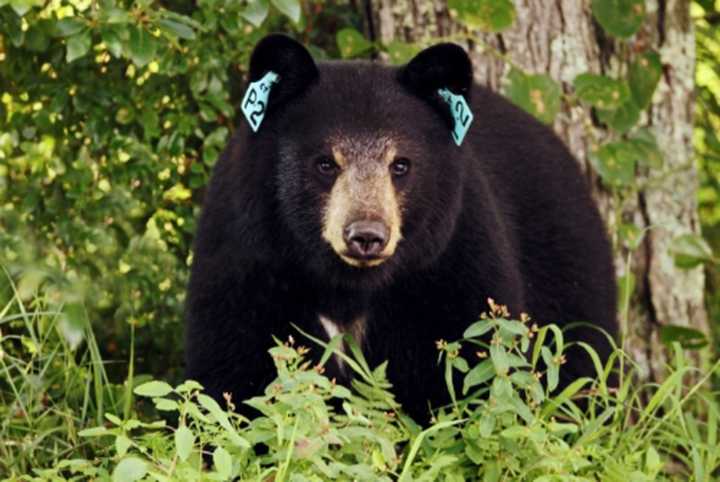At least a dozen cases of bear attacks on livestock have been reported so far this year. This is well above the number of cases for the same time period in recent years.
This increase is prompting the state to remind livestock and pet owners that black bears can and will prey on livestock. Bears have killed goats, sheep, chickens, and rabbits. Residents that raise livestock or keep these animals as pets, as well as bee keepers, are advised to take precautions against bears and other predators to avoid conflicts and protect their animals and/or bee hives.
“Spring is typically a period of low natural food availability for bears, often causing them to opportunistically seek other foods, including livestock,” said Rick Jacobson, director of the department's wildlife division. “This year’s high number of livestock attacks may be due to the growing number of bears occurring over a broader area of western Connecticut.”
Livestock owners and bee keepers should consider taking the following precautions:
- Use well-constructed and well-maintained electric fencing for livestock and bee hives. Fencing should be tight and consist of multiple strands, preferably barbed wire.
- Consider protecting livestock by securing them in a barn, shed, or pen, especially at night.
- Store livestock feed in secure containers in a closed shed or barn.
- Remove other attractants in the area. These include bird feeders, garbage containers, compost piles, and excess livestock feed.
- Keep animals and bee hives as far away from forested areas as possible.
- Consider using trained guard dogs.
- Use motion activated lights or even alarms near livestock areas and bee hives.
In many instances, the state will respond to livestock attacks by trying to trap the bear. Some bears are then marked with identifying ear tags, subjected to aversive conditioning, and released. Aversive conditioning is a technique that uses negative stimuli (i.e., shooting with rubber bullets and/or paintballs, pepper spray, loud noises, etc.) to cause pain, avoidance, or irritation in an animal engaged in an unwanted behavior. The bear learns to associate the location with a negative experience, and thus should be more likely to avoid conflict in the future.
Anyone who observes a black bear is encouraged to report the sighting on the state's website or call 860-424-3333.
Click here to follow Daily Voice Bridgeport and receive free news updates.
